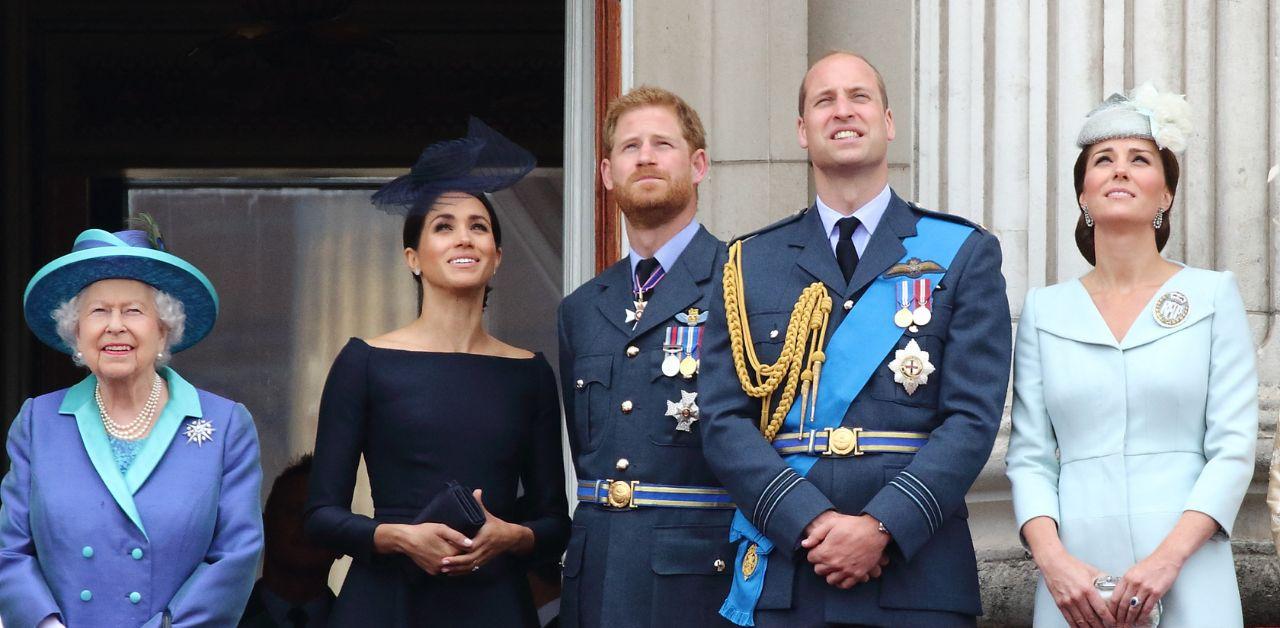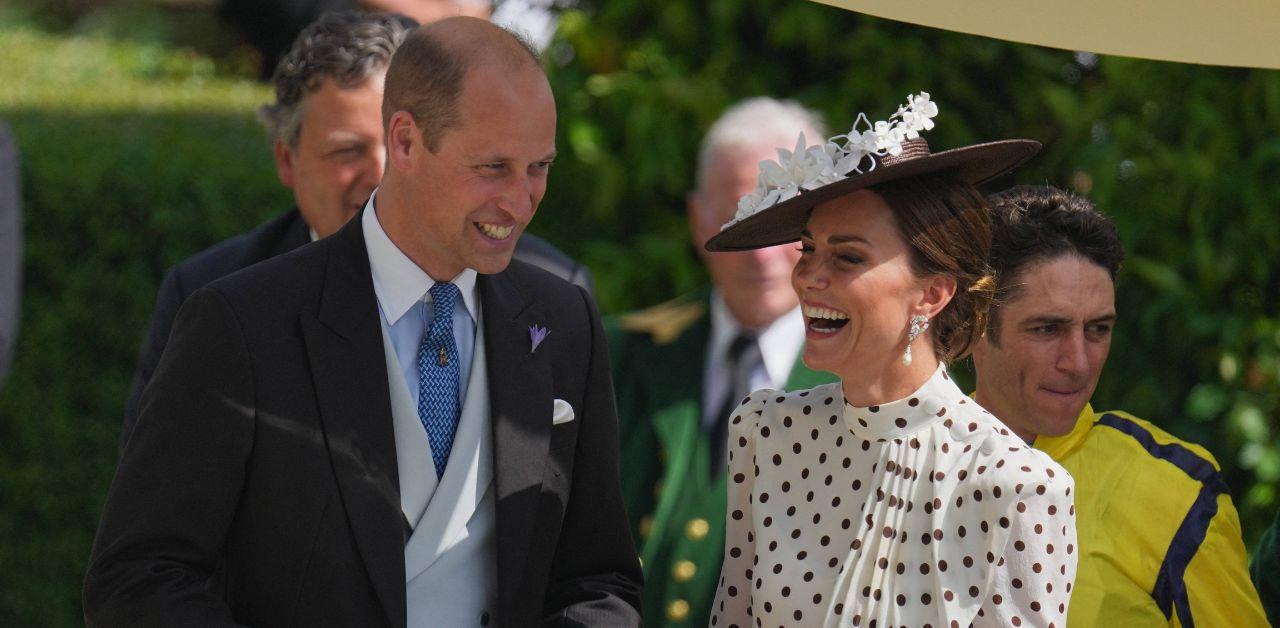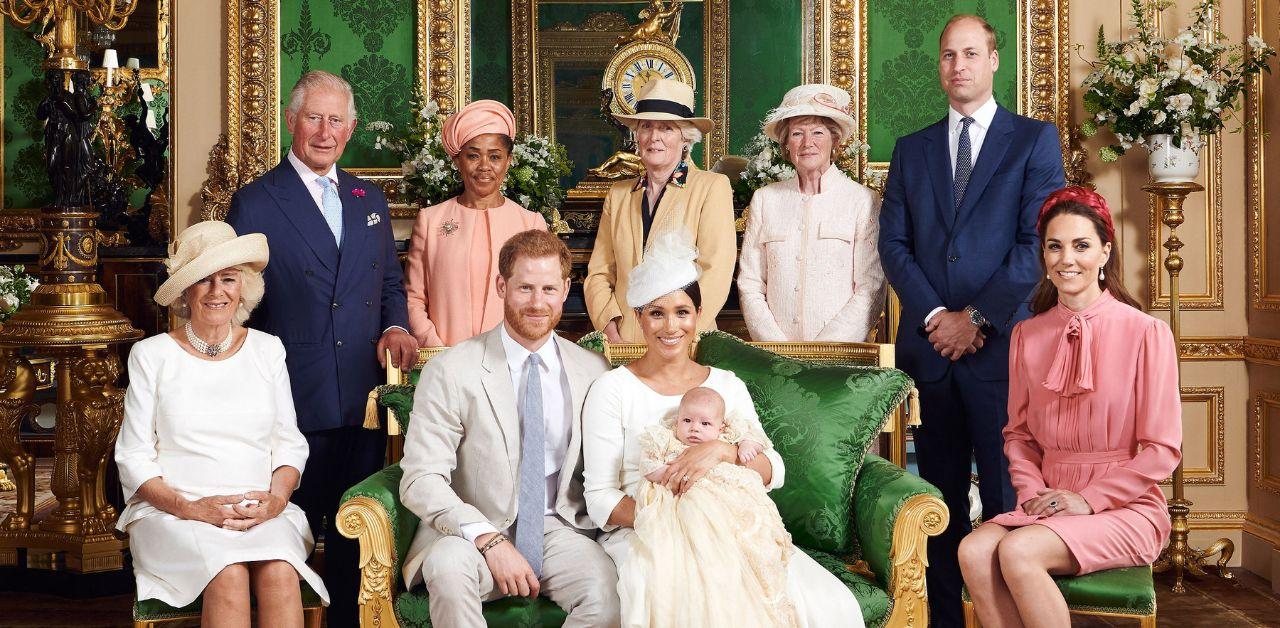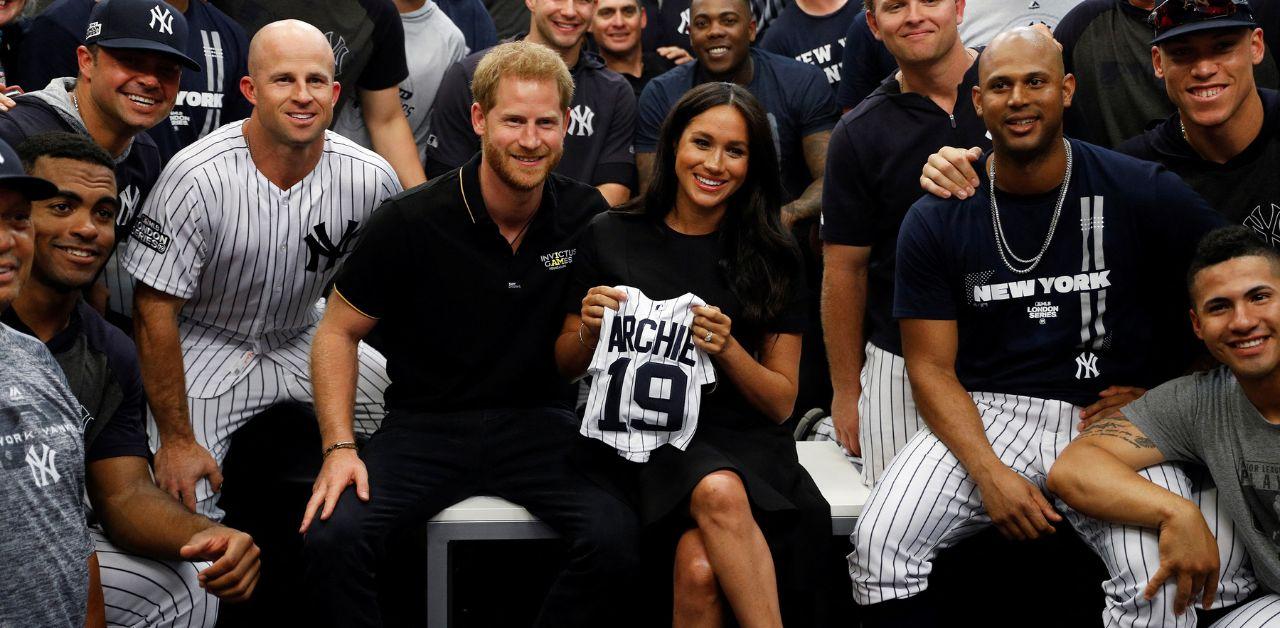 ROYALS
ROYALSPrince William and Kate Middleton Pushed the Palace to Release a 'Tough' Response to Meghan Markle's Royal Racists Accusations

Prince William clarified the royals are 'not a racist family' after Meghan Markle's 2021 Oprah Winfrey interview.
Meghan Markle painted the royal family as a prejudiced institution in her tell-all interview with Oprah Winfrey, but the Windsors adamantly denied the accusation.

Meghan Markle claimed an unnamed in-law gossiped about Prince Archie's skin complexion.
"The original draft of the statement had been much milder, but both William and Catherine had been keen to toughen it up," Robert Hardman told an outlet when discussing the royals' 2021 response. "It was the then Duchess of Cambridge herself who came up with the powerful phrase 'recollections may vary.'"
"Her husband also challenged the allegations, telling reporters: 'We are very much not a racist family,'" Hardman added.

According to a biographer, Kate Middleton and Prince William played a large role in the royal family's response to Meghan Markle's racism accusations.
In 2021, Meghan shocked audiences when she told Winfrey an unnamed in-law gossiped about Prince Archie's complexion.
"In those months when I was pregnant, all around this same time ... so we have in tandem the conversation of ‘He won’t be given security, he’s not going to be given a title’ and also concerns and conversations about how dark his skin might be when he’s born," the duchess revealed.

Meghan Markle and Prince Harry publicly left the royal fold in 2020.
The royals quickly responded to the claims after the tell-all inteview depicted them as problematic.
"The issues raised, particularly that of race, are concerning," the palace shared in a joint statement. "While some recollections may vary, they are taken very seriously and will be addressed by the family privately."

Prince Harry clarified that he doesn't consider the royal family 'racist.'
- 'Utterly Absurd': Prince William Will Not Give Prince Harry and Meghan Markle's Kids 'Formal Future Royal Roles,' Experts Spill
- 'Self-Serving' Prince Harry and Meghan Markle Are 'Betraying' Friend Tyler Perry by Staying Silent on His Sexual Assault Allegations: Royal Experts
- Meghan Markle Restocking Sold-Out As Ever Products as She Seeks 'Much-Needed Cash,' Claims Expert
Want OK! each day? Sign up here!
While promoting Spare, Harry clarified that the Sussexes never called his family "racists."
"Going back to the difference between what my understanding is because of my own experience, the difference between racism and unconscious bias, the two things are different," he said on ITV.
"But once it's been acknowledged, or pointed out to you as an individual, or as an institution, that you have unconscious bias, you, therefore, have an opportunity to learn and grow from that in order so that you are part of the solution rather than part of the problem," he continued. "Otherwise, unconscious bias then moves into the category of racism."
Harry's decision to define the royal family's rumored behavior as "unconscious bias" was criticized by academics due to the monarchy's institutional power and history of colonialism.
"Unconscious bias is useful as a tool for helping people who think racism is irrelevant to them – that is, people who hold power in a racist society – to understand that their biases are the product of institutional racism," Presidential Fellow in Ethnicity and Inequalities in the Department of Sociology at The University of Manchester Meghan Tinsley wrote in an article.
"But suggesting that unconscious bias is somehow less harmful than racism posits the latter as something only to be overcome at the individual level," Tinsley added.
Never miss a story — sign up for the OK! newsletter to stay up-to-date on the best of what OK! has to offer. It’s gossip too good to wait for!
Powered by RedCircle
In Harry & Meghan, the former actress further discussed how her ethnicity became public fodder when she immigrated to England.
“At that time, I wasn’t thinking about how race played a part in any of this,” Meghan shared. “I genuinely didn’t think about it.”
“It’s very different to be a minority but not be treated as a minority right off the bat,” she continued. “I’d say now, people are very aware of my race because they made it such an issue when I went to the U.K. But before that, most people didn’t treat me like a ‘Black woman.’ So that talk didn’t happen for me.”
Hardman spoke to Daily Mail.

